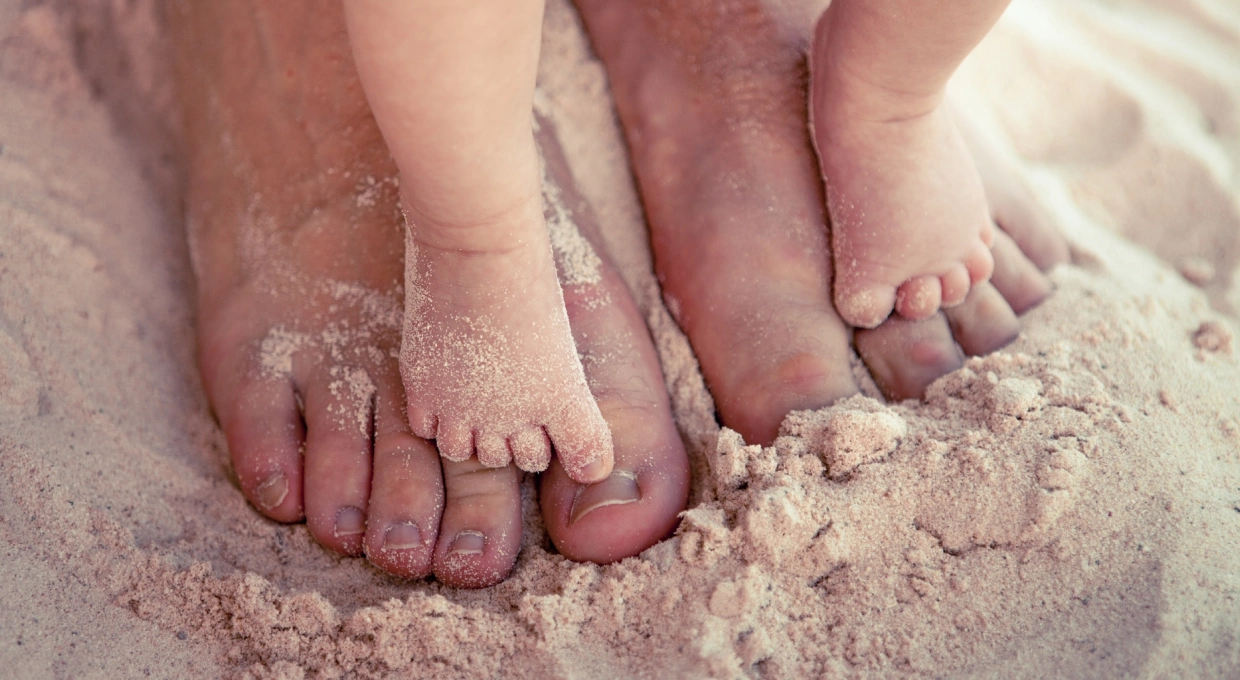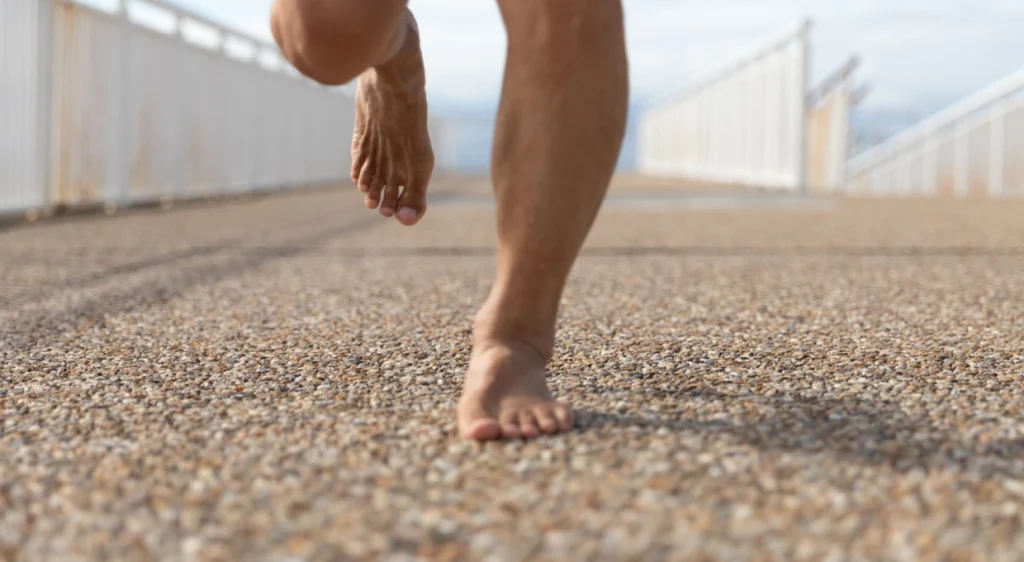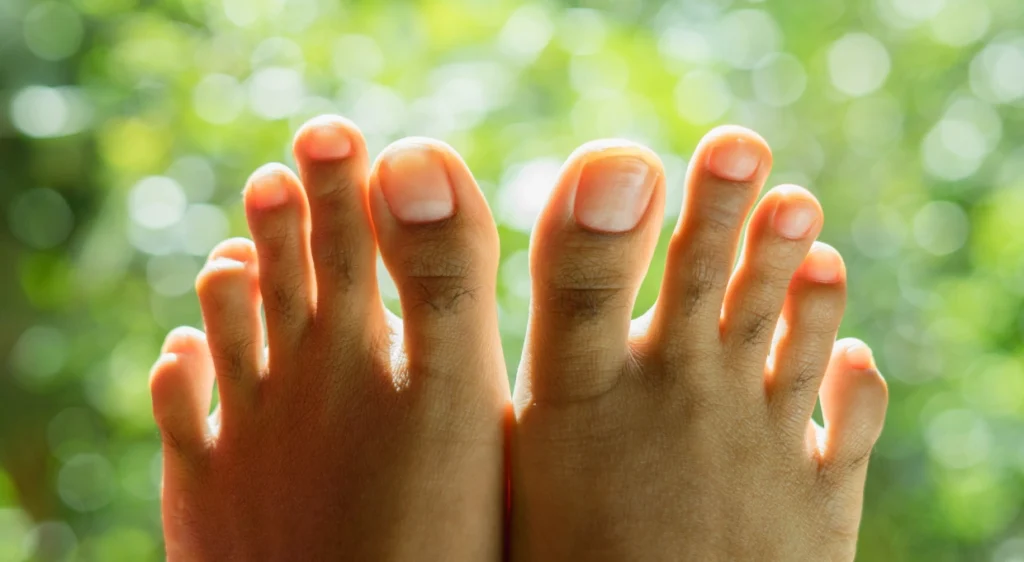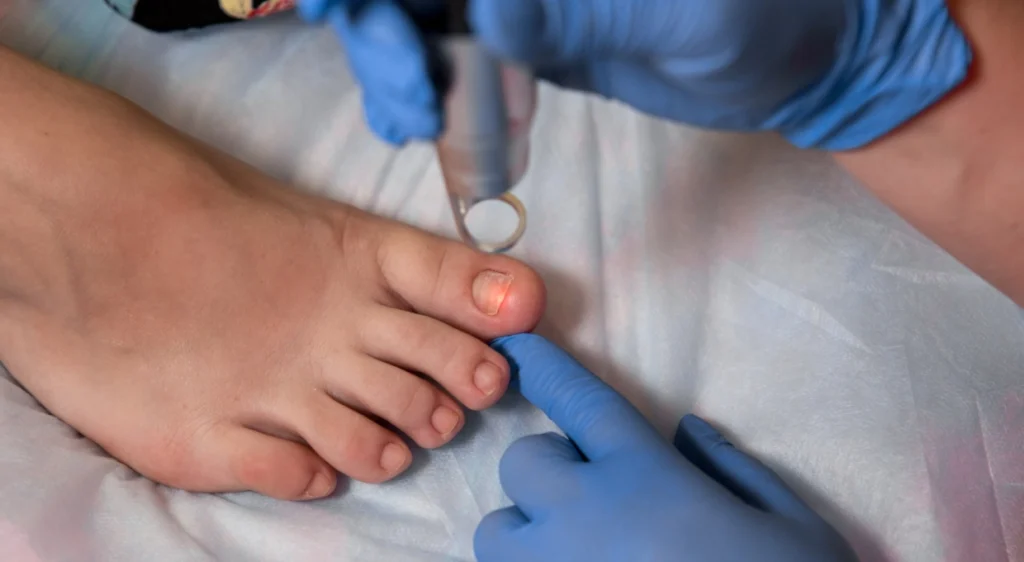Genetic inheritance plays a fundamental role in the configuration of our feet, influencing various characteristics and predispositions to certain conditions. Below, we will explore how genetics impact the structure and health of our feet, providing a comprehensive view that will help you better understand the connection between your feet and your genetic heritage.
Genetics and Foot Structure
- Flat Feet: One of the most common conditions influenced by genetics is flat feet. This condition, in which the arch of the foot is flattened, is often inherited. If one or both parents have flat feet, there is an increased likelihood that their children will also have flat feet. Genetics determines bone structure and ligament laxity, both of which are crucial factors in the formation of the arch of the foot.
- Morton’s Toe (Longer Second Toe): This condition, where the second toe is longer than the first, affects between 20-30% of the world’s population and also has a genetic basis. This characteristic can influence the distribution of weight when walking and may predispose to certain ailments such as pain in the ball of the foot.
Epigenetics and Foot Health
- Influence of Diet and Exercise: Dietary habits and physical activity can influence the expression of genes related to foot health. For example, a nutrient-rich diet and regular exercise can improve bone density and arch strength, mitigating the negative effects of a genetic predisposition to conditions such as osteoporosis and flat feet.
- Stress and Foot Health: Chronic stress can negatively affect foot health, exacerbating pre-existing genetic conditions. Epigenetics suggests that stress management through techniques such as meditation and exercise can help mitigate these effects.

Specific Genetic Conditions
- Hallux Valgus (Bunions): Bunions are another condition with a strong genetic component. While improper footwear can aggravate the situation, the predisposition to develop bunions is often inherited. This condition can cause significant pain and deformity, requiring surgical intervention in some cases.
- Neuromuscular Diseases: Some neuromuscular diseases, such as muscular dystrophy, also have a genetic basis and can affect foot function. These conditions can cause weakness in the muscles of the foot and ankle, altering the way a person walks and increasing the risk of injury.
Conclusion
Understanding the relationship between genetic inheritance and foot health is crucial to adopt preventive measures and appropriate treatments. At



